The Institute talks… to apprentice panel member Joel Roach
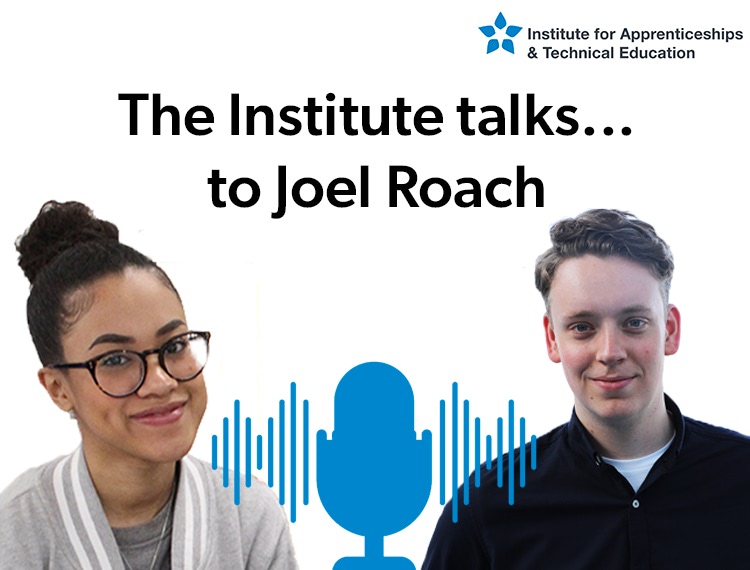
For National Apprenticeship Week #NAW2021, @IFATEched apprentice panel member and host Jamilah Simpson interviews Joel Roach, apprentice panel member @Microsoft
Joel, 20, Is currently completing his chartered managers degree apprenticeship at Microsoft.
Deciding that university wasn’t for him, Joel came across degree apprenticeships as a way of gaining the experience of the workplace but getting the degree at the same time.
“It just seems like such a no brainer really. I wanted to be working, I wanted to be gaining real skills and applying the stuff I’ve learnt into the real world. So, it just seems like such an obvious decision to me.”
Since starting his apprenticeship two years ago, Joel has had some incredible opportunities beyond his day-to-day role including being on the board for the LGBT+ community:
“Just having that opportunity is amazing. It’s not something I never would have got if I hadn’t had my apprenticeship. To have this much impact and learn from all these other people around me that’s been a really incredible thing to do.”
You can find more information about the apprentice panel on the Institute’s website.
Jamilah Simpson
Hi, I’m Jamilah Simpson, the Multiverse community programmes and networks associate. I joined Multiverse early last year after completing my digital marketing qualification as an apprentice at Google. I’m also an apprentice panel member and your host for this podcast. Today we’re joined by Joel. Joel, did you want to quickly intro yourself?
Joel Roach
Sure, hiya, I’m Joel. I’m doing a chartered managers degree apprenticeship at Microsoft’s been doing it for a couple of years now and yeah like Jamilah I’ve been a member of the apprentice panel for about a year now.
Jamilah Simpson
Cool, so I think we joined around the same time on the panel. I joined around March, April last year.
Joel Roach
Yeah, I think that sounds about right for me as well.
Jamilah Simpson
So your apprenticeship sounds really interesting. What made you decide to do a degree apprenticeship?
Joel Roach
Well before doing my apprenticeship I was at university so doing the apprenticeship was much more honestly as much more about leaving university than anything else. You know, I decided that uni wasn’t for me. I wanted to get into work and sort of. Started getting on with, you know, gaining some skills and getting some experience. The degree of apprenticeship thing came about as sort of I was just exploring and seeing what was out there. Came across Microsoft’s degree apprenticeship and it seemed like a great option to take that degree box whilst I was getting all my other experience.
Jamilah Simpson
Amazing and you briefly mentioned that you went to university for a year before. What made you change your mind and go down the apprenticeship route instead?
Joel Roach
Yeah so for me university wasn’t like an amazing experience. You know it was an OK time. It was fun. Don’t get me wrong. And I wanted to, you know, get a job afterwards and do real work, not study the subject for the rest of my life. So it didn’t seem like I was getting much out of it, so I found it come across an apprenticeship and it just seemed like such a better option. Like by the time I sort of decided to do it, it just seems like such a no brainer really. You know, I wanted to be working. I wanted to be gaining real skills and applying the stuff I land in the real world. So yeah, it just seems like such an obvious decision to me by the time it got around to doing it.
Jamilah Simpson
Yeah, I’m the same. I didn’t really want to like sit and listen to a lecturer for hours and hours on end. I kind of just wanted to get into working and even though I didn’t really, I never had a job before my apprenticeship. I just knew that I wanted to get into the workplace, so it seems like we have similar like ways of thinking about why we choose an apprenticeship. Yeah, an Microsoft is a pretty big deal with global massive company. Did you always want to work at a company like Microsoft?
Joel Roach
So Microsoft came onto my radar because it was close to the town I was doing university and it was quite important to me that I sort of held onto those university friends and can sort of keep that life going without having to completely restart in the city, so that’s sort of what brought onto my radar in the first place. In doing that, I was looking at graduate schemes and all sorts of things I could do after my degree, and then I came across the apprenticeship scheme and it was sort of like OK, why, why, wouldn’t? Why wouldn’t I start right now and then you know from that I start digging into Microsoft as a company a little bit more and exploring what those options were, and I was just so impressed with what I saw. There’s a lot of tech companies out there at the moment which you know getting in the news for all the wrong reasons. I think Microsoft commitment, crust and ethics and transparency and reliability. All these good things were really a sort of refreshing thing to see from a big tech company. And you know, there’s a huge amount they’ve done since I’ve started my apprenticeship around sustainability and all this good stuff. That’s just kind of inspiring to see this big company using its resource is using its power to influence for the better. So yeah, big fan of Microsoft.
Jamilah Simpson
Sounds an amazing place to work. I’m just curious ’cause I worked at Google and that’s also quite a big company. What was it like working at Microsoft? As an employee, whether a lot of employee benefits and what was your day today, kinda like?
Joel Roach
Can be a bit mixed. On the one hand, it can be, you know it’s incredibly exciting. I think our talent leader is described as being like in a candy store. There’s all these opportunities around you, there’s hundreds and hundreds of people who are willing to help you support you, give you opportunities you know, give you stuff to do. And at a point, you’ve got to rain yourself in, then be like, OK? I need to just pick a few things that I really want to do. So it’s just yeah, full of opportunities, which is amazing. It’s quite, it’s almost a bit of a shock at first. I think when you sort of get any you see, like the numbers and you see the sort of accounts these people are working on and it’s like wow. This is like important stuff that’s happening here and from the beginning, they don’t. You know there’s no, you know, being the tea and coffee guy, it’s all sort of real work, right from the start, and it’s sort of it’s quite a lot of pressure and it’s quite a lot of you know, quick adapting to the environment. But you know, I love that I, you know I joined. I joined the company because I wanted to do something real and impactful. And I certainly got given that chance.
Jamilah Simpson
Yeah, I know it can be quite overwhelming to go into such a big company and you kind of have senses of impostor syndrome because you think of yourself as just an apprentice. But really, you’re there for a reason. And that’s something that I learned. Throughout the first couple months of me starting that I was there for a reason and I was chosen to work in the team that I was working in, I’m assuming that you plan on progressing within Microsoft once you’ve finished your apprenticeship. Is there any like promise that you’ll get a job after, like your stay in our role? Have you heard anything so far?
Joel Roach
So we don’t have any guarantee of a role afterwards just because Microsoft such you know it’s such a big company. There’s only a limited number of roles available, and obviously, it’s a very popular place to work. Well, it’s with after sort of. Well, I’m there for four years and you meet people along the way that happy to support you in that in your career. Certainly, opportunities to move it to stick around at Microsoft, but at the same time, Microsoft. Part of our vast partner network and there’s so many different connections, you can make a Microsoft different organisation. They’re sort often very keen for us to explore different avenues and opportunities and see what’s out there really, rather than being sort of stuck to that one place for the rest of our careers. So I’ve got two years left of my apprenticeship. I’m still figuring out what I want to do next, but I’m certainly going to have a good look around and see what’s out there.
Jamilah Simpson
Yeah, two years. It’s a long time to make any decisions, so you definitely got the time to think about it. Just curious, did you start your apprenticeship before the lockdown hit, the UK?
Joel Roach
Yeah yes. I’ve been there for two years now, so if you had a good amount of time in the office, I do feel for the apprentice started in the lockdown there, it’s a tough way to join the company.
Jamilah Simpson
Yeah, how have you been coping with working from home for almost a year now, isn’t it?
Joel Roach
Yeah, I mean as a company we adapted pretty quickly just because we were sort of used to doing flexible working and days at home. And things like that. But it was. It was obviously an adjustment for everyone. It’s definitely I miss. I miss the change of scenery in the office and we had a few weeks when everything started easing up that we were sort of allowed back in, which is great. But you know, we’ve adapted we’re getting on with it. We actually managed to deliver an amazing onboarding experience for our latest cohort of apprentices. All virtual. We had some amazing guest speakers for them and they will engage with that incredibly, so it’s an adaptation, but it’s sort of challenge. They were quite happy to rise too and see what we can come up with to sort of address these different needs.
Jamilah Simpson
Yeah, yeah, you mentioned onboarding in there. I’m interested to know what was your onboarding like when you first joined Microsoft as an apprentice.
Joel Roach
Yeah, so I mean, when onboarding is something at Microsoft that’s really evolved over the last few years. So when I joined, we had a week of onboarding. We learn about the company, the culture, the values about the sort of journey that Microsoft being on ’cause. t’s not always been this sort of credible company to work at in the past. It’s been quite difficult, competitive internally and externally, but sort of. Lately, it’s been a huge focus on growth mindset and working together as we learn a lot about that journey just to sort of understand where Microsoft is that now. So that was a really helpful thing to sort of learn about is that. You’re not going to be expected o be this. Know it all. Who knows everything would be the smartest person in the room at all times. But you actually sort of more expected to be this learning or person who can walk into a room and ask 1000 questions and learn from every single one. And you know, learn from every mistake you make. I’ll quite often say that like you know, as an apprentice, my job is to make mistakes and to screw it up and get it wrong. And if I learn from each time I do that, then I’m going to come out of it like so. Much better off. And in a really strong position in my career ’cause I have learned an absolute ton.
Jamilah Simpson
Yeah, when I was. Doing my apprenticeship. I was so scared to even ask questions if I didn’t know something but I just kind of learn. I don’t know everything and it’s best if I learn from my team and the people around me. So you kind of had that advantage going into workplace as an apprentice your you can make those mistakes cool. So I just want to move on to the topic of the apprentice panel that we’re both on. Why did you decide to join it?
Joel Roach
Well, I think as much as apprenticeship so amazing and a great opportunity. I think there’s still a huge amount of work to reach their full potential. So I wanted to join because I really wanted to, you know, get in a room with these people that have this. You know, big influence and sort of a lot of power, in the apprenticeship community and really just challenge them to be aspirational about sort of the standard of apprenticeships that you know that they’re delivering. You know, like just last week, I was able to deliver recommendations to the Institute’s board about the new strategic plan where you encouraging them to include ethical practice in all of their apprenticeship standards in future. So, like any apprentice working with customers. Should you know, learn to accommodate the needs of someone with learning disabilities or, you know, learn how to use the pronouns for transgender binary folks and like this is the kind of thing that we really want to do. Push to be to get employees to think. OK, yes I want to fill these skills and sort of getting these employees, but what more can I do and what more can these people brings my organisation because apprentices have such a unique perspective of being completely new to the world of work quite often and just having this outside view that can actually really challenge these senior people. And I think if there’s this audience that can listen and be open to it then you can have a huge impact as an apprentice.
Jamilah Simpson
Yeah, it sounds like you’re clearly very passionate about like driving social change and continuing to improve apprentices and it can be quite daunting. But empowering, especially if you’re like presenting to the board, but you know that you’re making change, so that’s the part that I really like about being on the apprentice panel, as well as just making change and seeing that outcome.
Joel Roach
Yeah, absolutely. And I think, you know, after a while you get used to the fact that these are just people like whether they like CEOs of these huge companies like they’re just people. And it’s OK to challenge them and question them and not take everything they say to be, you know, gospel.
Jamilah Simpson
Yeah, it’s definitely a learning experience.
Joel Roach
Absolutely, I think it’s also worth mentioning that. Sort of through Microsoft I’ve had some really incredible opportunities to go beyond my job role. So I sit on the Board of Microsoft, Microsoft UK LGBT plus community, which means I get some really amazing events that we’ve put on. So you know, just last year in December we did an event for trans awareness week where we had some trans employees talking about their experiences and seeing the employees sort of engage with it and respond to it is always incredible. Just last week we had the BBC’s first LGBT plus correspondent. Join us for an event and. You know, again, we had over like 300 attendees all engaging with it or learning from it, talking about privilege and intersectionality which has just been amazing to see. And just having that opportunity is amazing. It’s not something I never would have got if I hadn’t had my apprenticeship to have this much sort of impact and learn from all these other people around me. So that’s been a really incredible thing to do.
Jamilah Simpson
Wow, I think diversity, inclusion and wellbeing being are really important aspects for any company, but it sounds like the opportunities outside of your day-to-day role is absolutely amazing as well so. Wow.
Joel Roach
yeah absolutely. I mean like as much as a company can talk about profit margins and making more money and growing and everything like that’s great, but there’s so much more work to do in the diversity and inclusion space in the wellbeing space like there’s a huge amount of work still to do, and if we just sort of keep doing and keep pushing it then well then we will get there and I think apprentices with their new perspectives and with their outside views can. Can really make some real changes there.
Jamilah Simpson
Yeah, definitely is also reflected in our best practice handbook because wellbeing is actually one of the five sections that we’re working on, so I think you’re working on the onboarding part of it. Is that right?
Joel Roach
Yeah, absolutely. So that sort of drawing on some experience. I’ve had a Microsoft ’cause our onboarding experience is sort of led by apprentices, for apprentices, so the last couple of years I’ve been part of a team that ran the onboarding process and we’ve evolved over that time to include things like, you know, diversity and inclusion and wellbeing could be quite conscious that for a lot of apprentices it’s not just onboarding into a company, it’s onboarding into a whole career. So we’re trying to figure out what foundations are going to set these people up to be really impactful. Whatever organisation they end up in great, we want to have that impact at Microsoft, but you know, wherever they go in their careers, we want to have that really strong foundation of ethics and culture and sense of self and bring themselves to work that was really amazing to see an as far as the best practice guide goes, eventually leading back to your question. We hope that it’s going to be you know, a high standard for employers and training provider to work towards. Because once you’ve got that sort of this thing to aspire to, you can see where you’re at in that journey. You can always work back from it to say, OK, these are the steps we need to take to get to this sort of higher standard. Hopefully, that will really work to keep the quality of our apprenticeships, continuing to improve and really just challenging people to raise their standards.
Jamilah Simpson
Yeah, I’m really looking forward to seeing it all come together over the next few weeks and my company Multiverse were actually an apprenticeship training provider so will have like direct will be able to be impacted by it but also influence it as well with best practice case studies and stuff like that. So yeah, I’m just really excited by all its brilliant initiative that the panel is working on.
Joel Roach
I think yeah, absolutely well I think and I think we’re going to do some of the same stuff with Microsoft taking what we’ve learned with the onboarding process and just sort of putting it in there as a case study of. Here’s what you can do. And it works really well.
Jamilah Simpson
Yeah. and what do you want to achieve? Being on the apprentice panel, I think you kind of touched on it before, but like what’s your top two goals? Let’s say.
Joel Roach
I mean, I’d say number one goal. You sort of mentioned is that social change thing. You know, we’ve got 700,000 apprentices around the country all at like hundreds, even thousands of employers. If every single one of them can have the skills and the confidence to be able to speak up and have that impactful conversation about whether it’s diversity and inclusion. Whether it’s about wellbeing or just you know sustainability. For example, like if we can get every single apprentice in the country to do something good and influence up within their organisations, we can have a huge impact like across the country, which to me is like a really inspiring thought. Just like all these apprentices out there doing some good. But yeah, the other priority for me is making sure that apprentice voices are heard. As much as there’s you know, 700,000 of us it can be quite scattered around the place. You know you’ve got apprentices that are the only apprentice at their employer. I’ve been in a quite fortunate position there’s about 100 of us at Microsoft. You can sort of, you know, speak to each other and stuff, but I think if we can make an effort to reunify those voices and you know, like we’ve done with our survey last year and hopefully will do again with our survey, this year is just gather those perspectives of apprentices so that we can present them to the people with influence. Actually, this is what apprentices want. This is where apprentices aren’t getting what they want and this is what they need and this is how we can make improvements. They’re actually going to affect the lives of apprentices rather than just meeting the expectations of employers ’cause they’re not always the same thing.
Jamilah Simpson
Yeah, so we’re working, not just for like your personal apprenticeship experience, but also for the 700. Did you say 700,000 apprentices across the UK? That’s an amazing number, didn’t even know was that many. Ah, my final question to you Joel is have you got any advice, people thinking about doing an apprenticeship?
Joel Roach
Just do it when in doubt do an apprenticeship you know, like I’ve tried the university thing, it wasn’t for me. A lot of people, I think assume apprenticeships are of people who know exactly what they want to do and sort of really set career goal. But that’s not the case at all I started my apprenticeship with no idea what I wanted to do. I just thought it seemed like a great opportunity. It seemed like a way out of university and over time I’m sort of figuring out the bits of work that really gives me energy. And you know, I really enjoyed doing so now through my apprenticeship, I’m narrowing down my options of what sort of jobs I want to go for. So if you have no idea what you want to do in an apprenticeship, if you have a great idea of what you want to do, pick an apprenticeship that fits that and follow that through and you’ll be doing it much sooner than if you start university and have to wait three years. So give it a go. Get started do an apprenticeship.
Jamilah Simpson
Thank you. I really, when I was a student doing my A levels, I really needed that voice saying if you’re not sure what you want to do in apprenticeship and don’t go down the uni route just because everyone else is doing it because I felt that pressure of needing to do what everyone else is doing because my teacher wanted me to do it. My friend wanted me to do it, but luckily my family was supportive. In me doing an apprenticeship instead, so that’s great words by the way, but thank you. That’s all we have time for in today’s episode. I want to say a huge thank you to our guest today Joel for taking the time to tell us about your apprenticeship experience and being so open and honest with me today. Thanks for listening and lookout for the next episode. Bye.

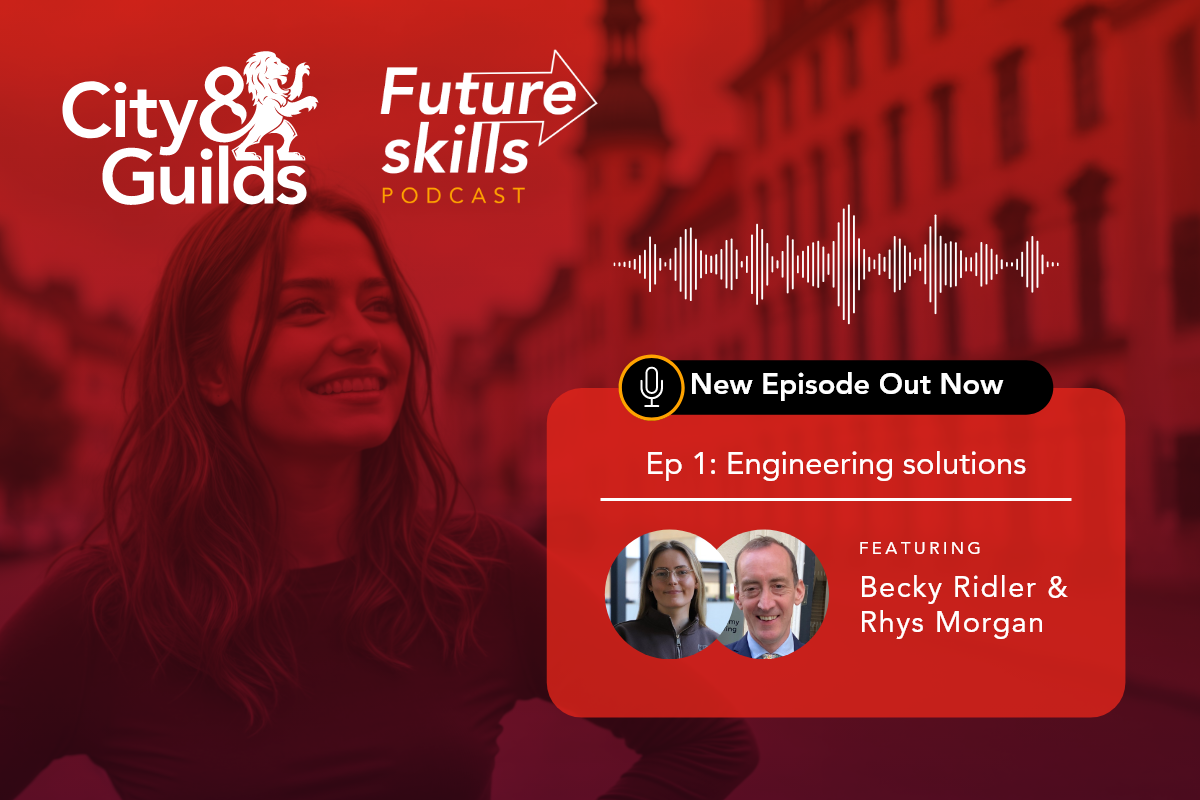

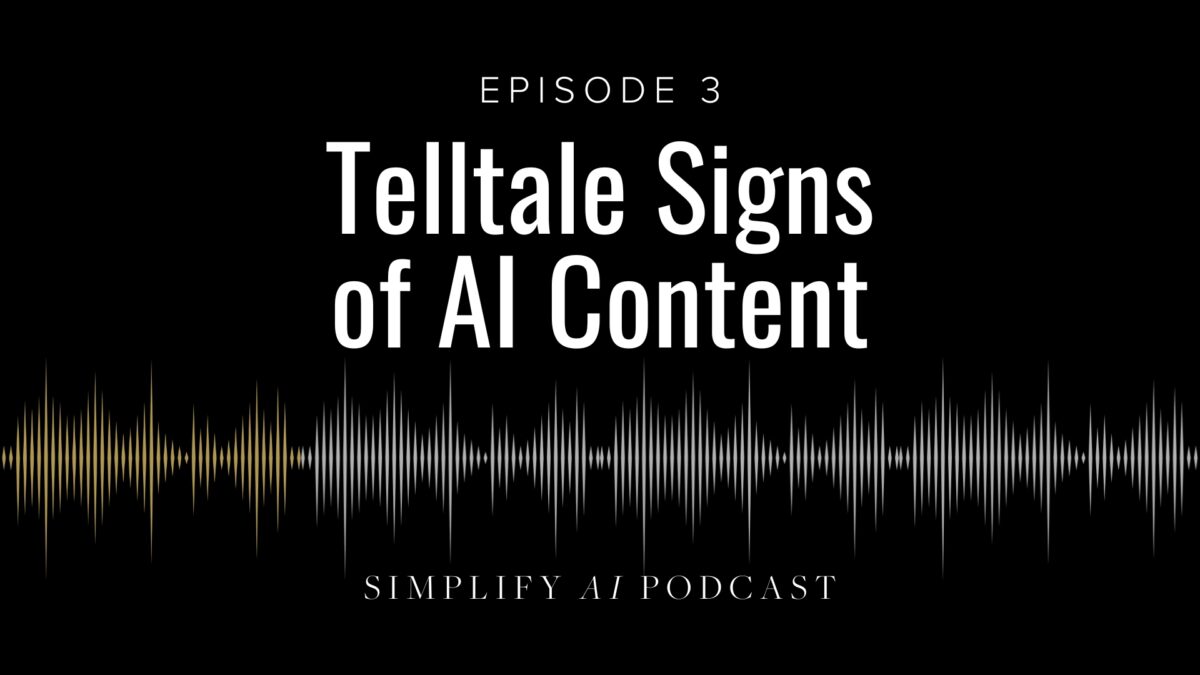
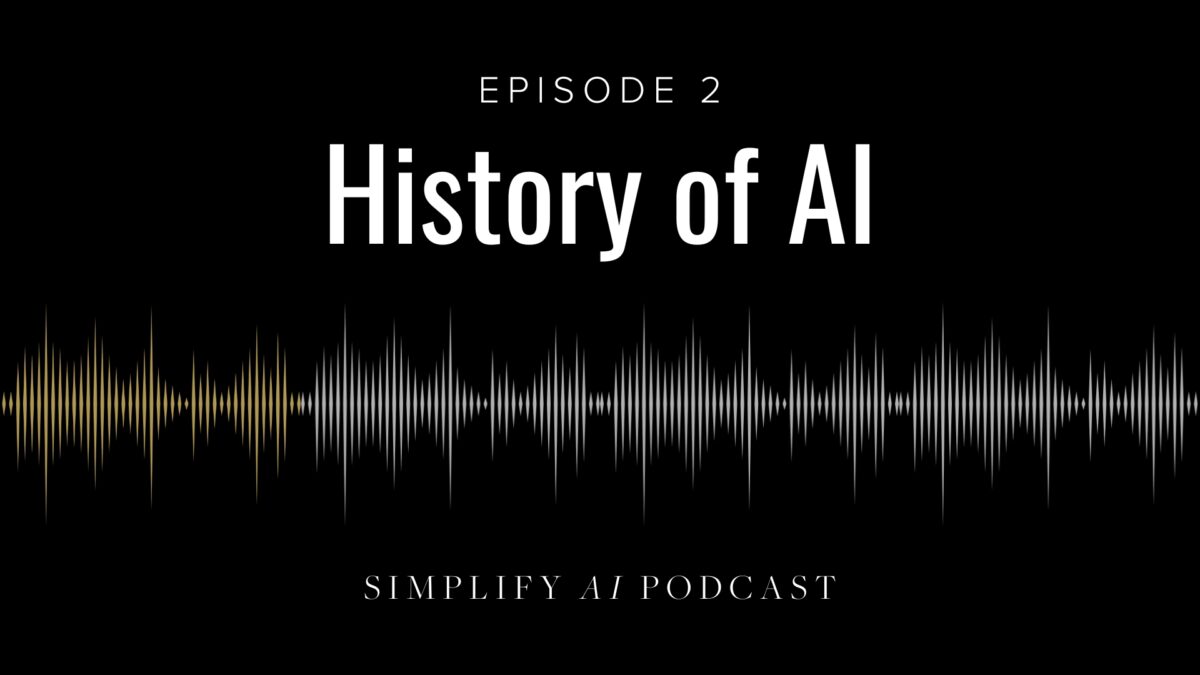
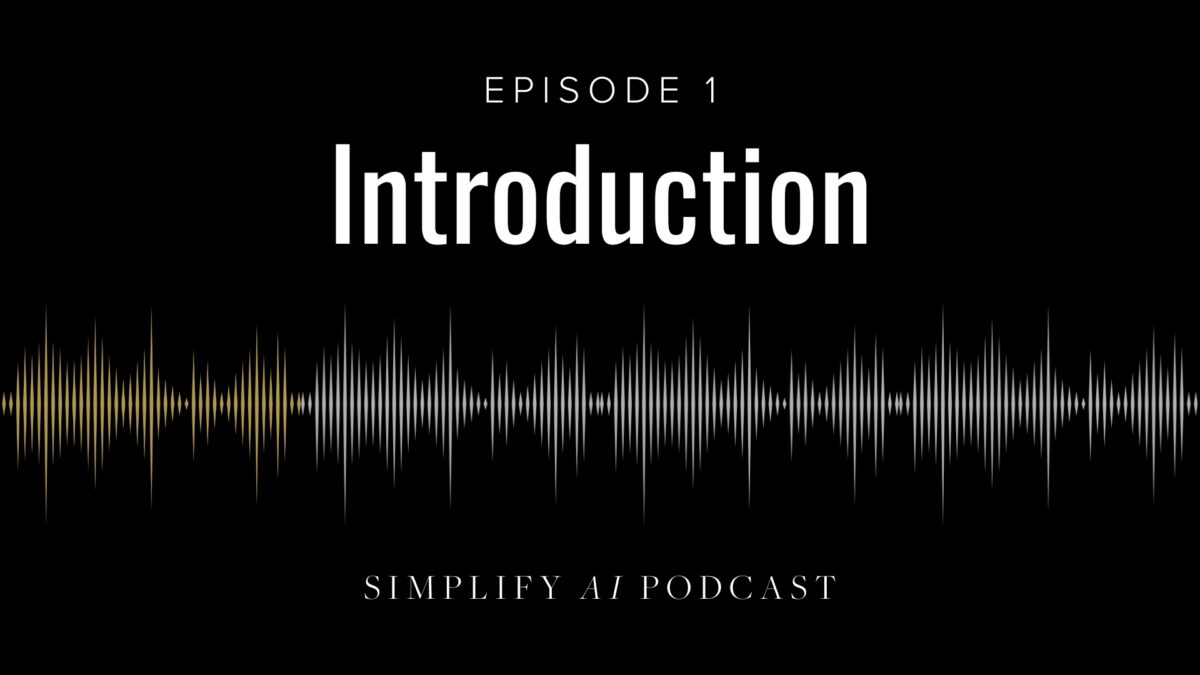
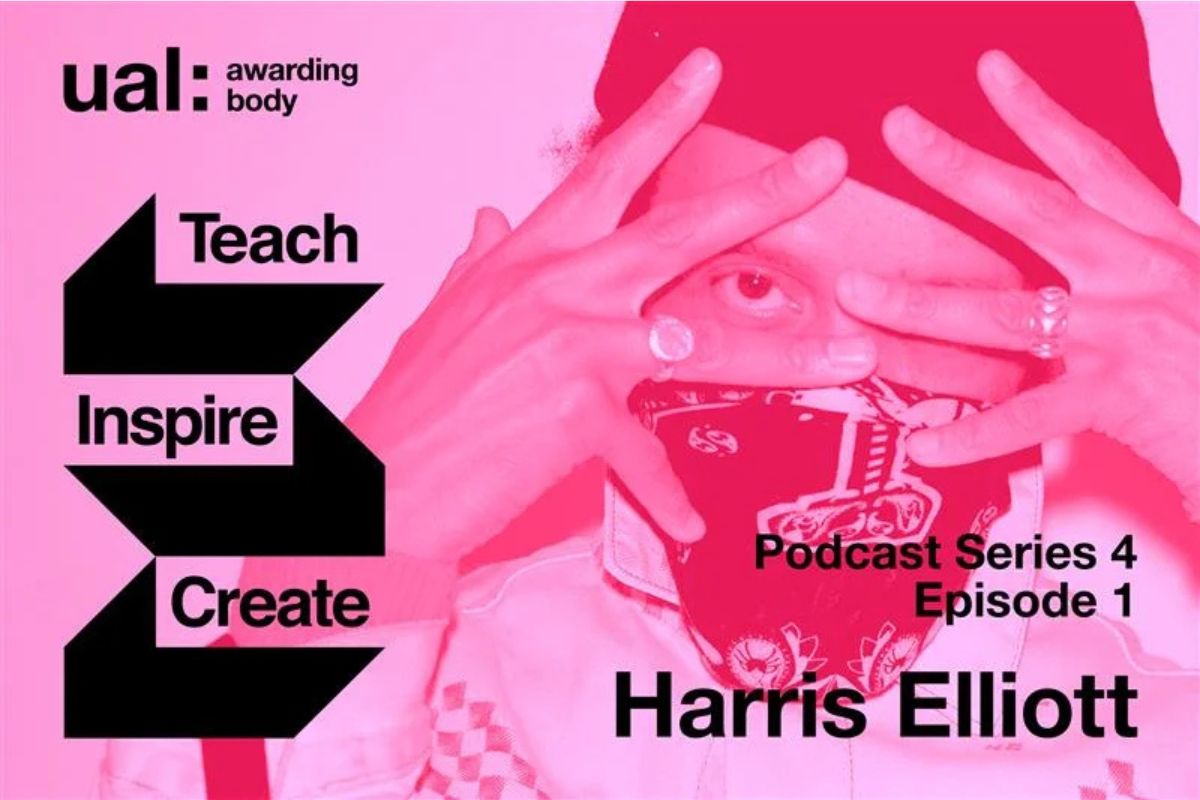

Responses